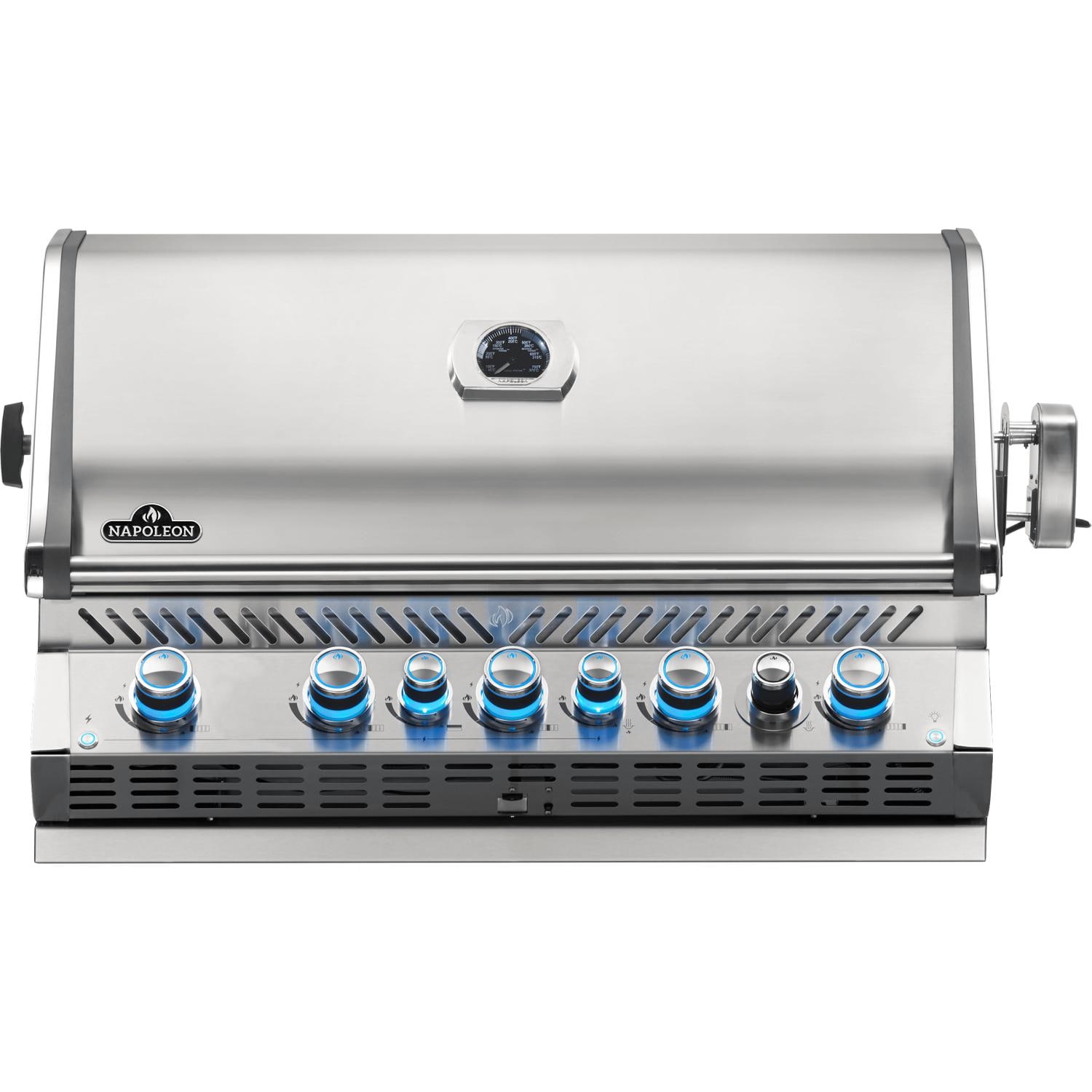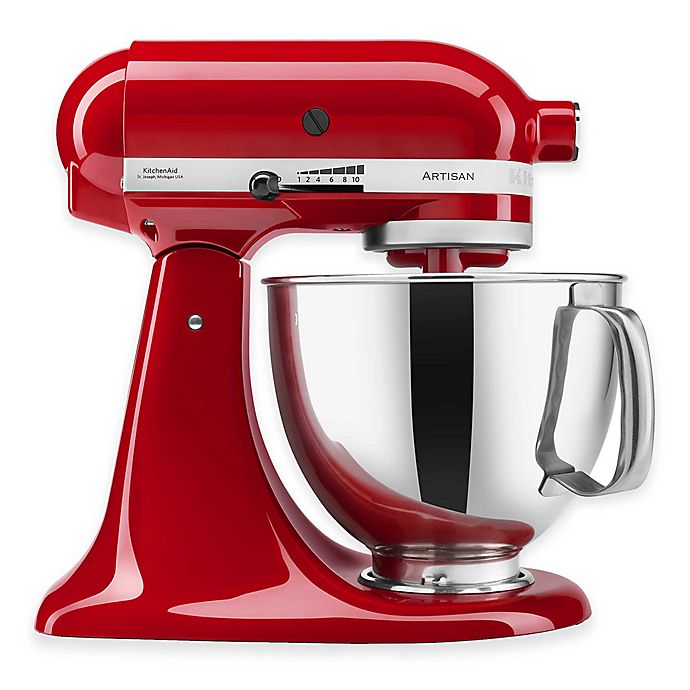Reef View Hotel – Coral Sea View Room – Long Stay Wedding Rate with Breakfast
Looking for hotels around the Great Barrier Reef, Australia? With large, comfortable, modern rooms, the Reef View Hotel offers a perfect getaway for couples, families or groups of friends. Spacious, comfortable and with most rooms boasting incredible sea views, the Reef View Hotel offers stylish and family-friendly Hamilton Island accommodation.
- Return Hamilton Island Airport/Marina shuttle bus transfers
- Use of catamarans, windsurfers, kayaks, stand up paddleboards and snorkelling equipment
- Use of Island Shuttle
- Use of gym, spa, sauna & tennis court hire
- Kids Stay and Eat Free^
- FREE wireless internet
- Suite bookings include full breakfast daily (T&Cs apply)
Additional information
| Room | Garden View Room |
|---|

/catseye-(kara).jpg?w=480&h=600&fit=crop&crop=focalpoint&fp-y=0.8089887640449438&fp-x=0.472109375)




by Gary
Loved staying at the Reef View Hotel. Will definitely be returning and recommend to friends.
by Jan
Extremely happy with our stay at the Reef- thank you.
by Thomas
Staff were very friendly and accommodating.
by Virginia
This was our fourth time to Hamilton Island but the first time we actually stayed in the Reef View Hotel. It exceeded our expectations. Was wonderful experience.
by James
Great hotel- I would stay again. Rooms very spacious- views amazing. Great balcony.
by Drew
The Reef View Hotel was outstanding and I thought the Buffet Breakfast was outstanding.
by Dianne
Everything was perfect with brilliant views thank you.
by Ian
The whole 2 weeks was wonderful. Helpful friendly staff and service was first class. The suite is perfect for a holiday with almost everything you could want. Was a great experience and we will be back.